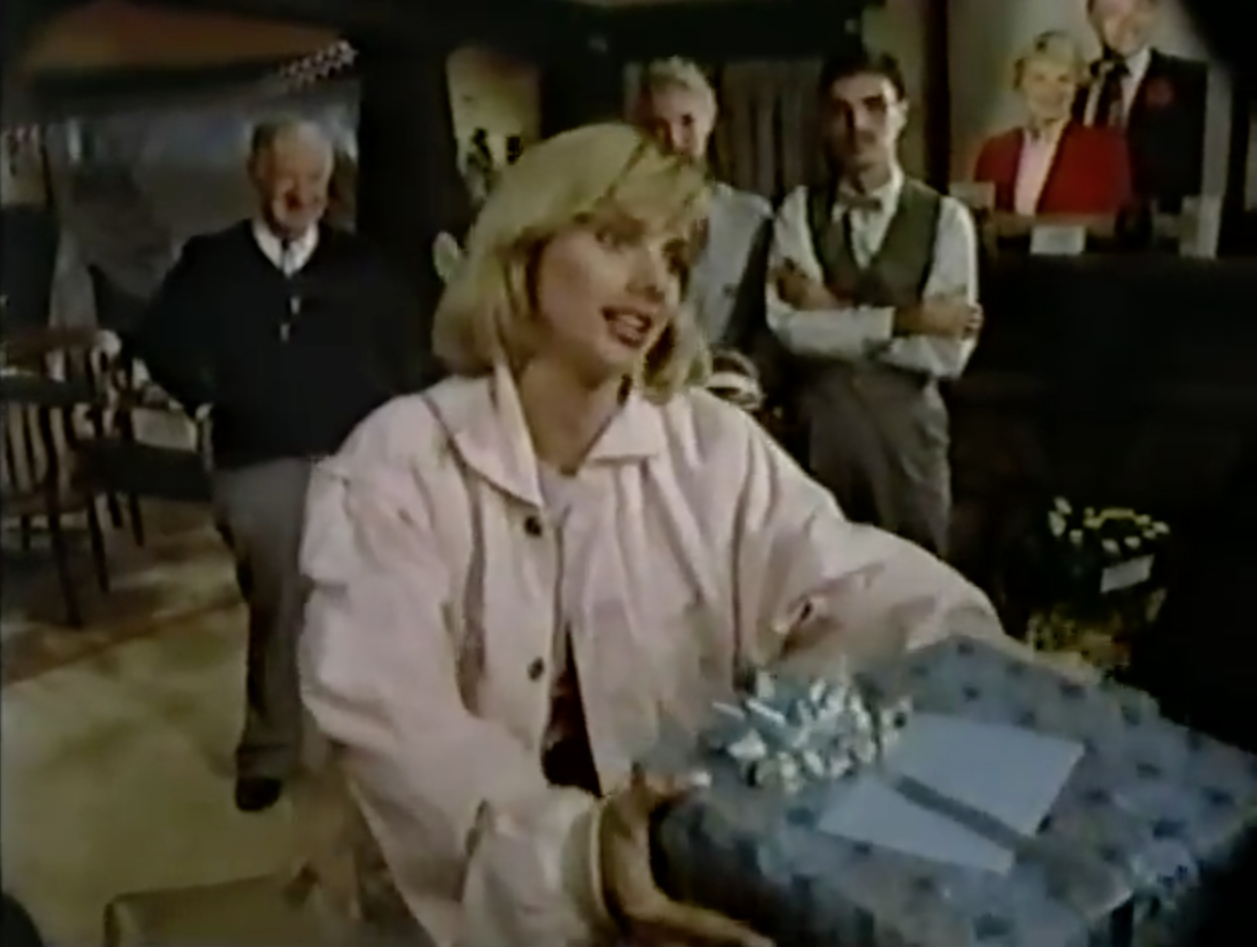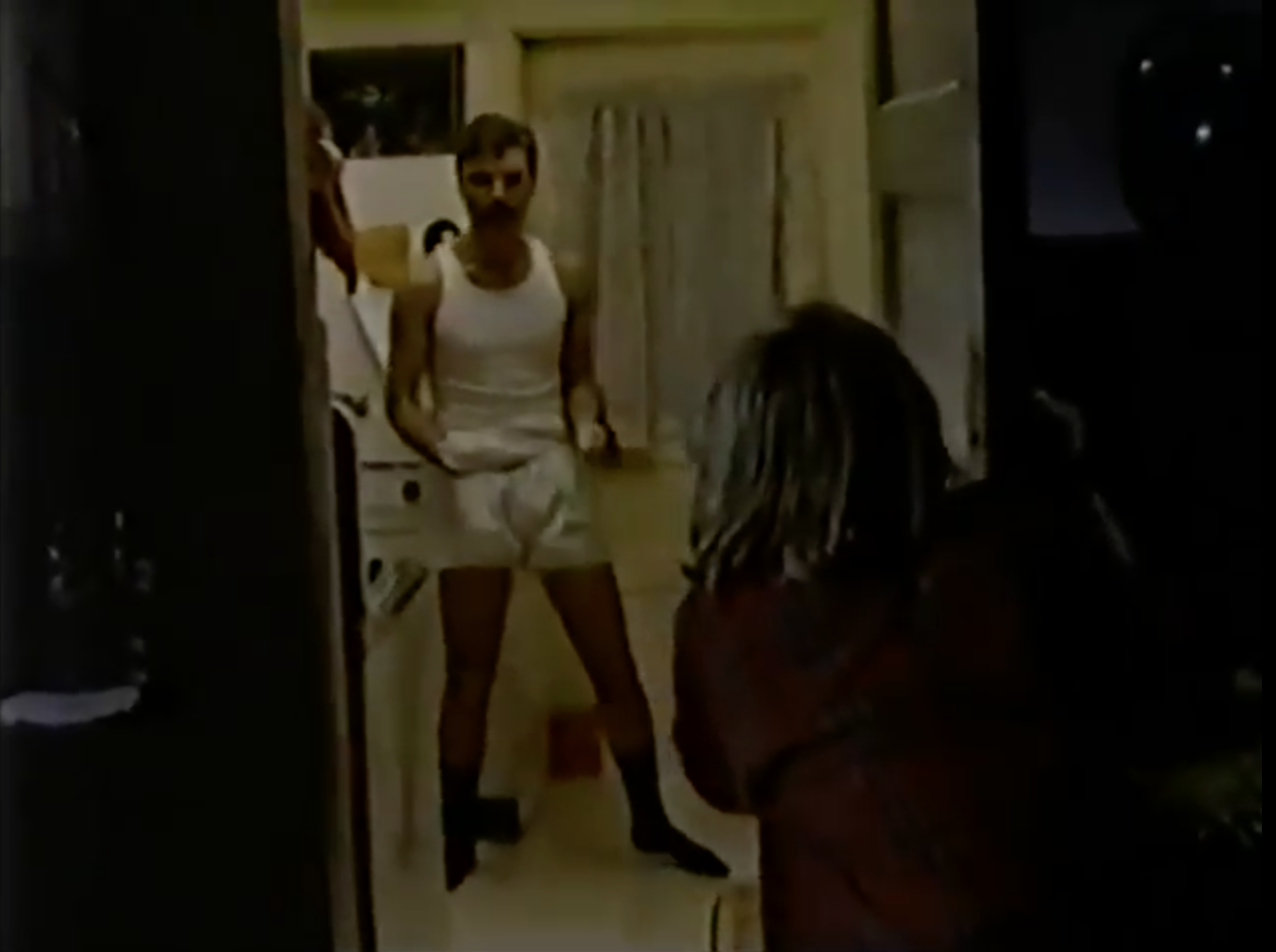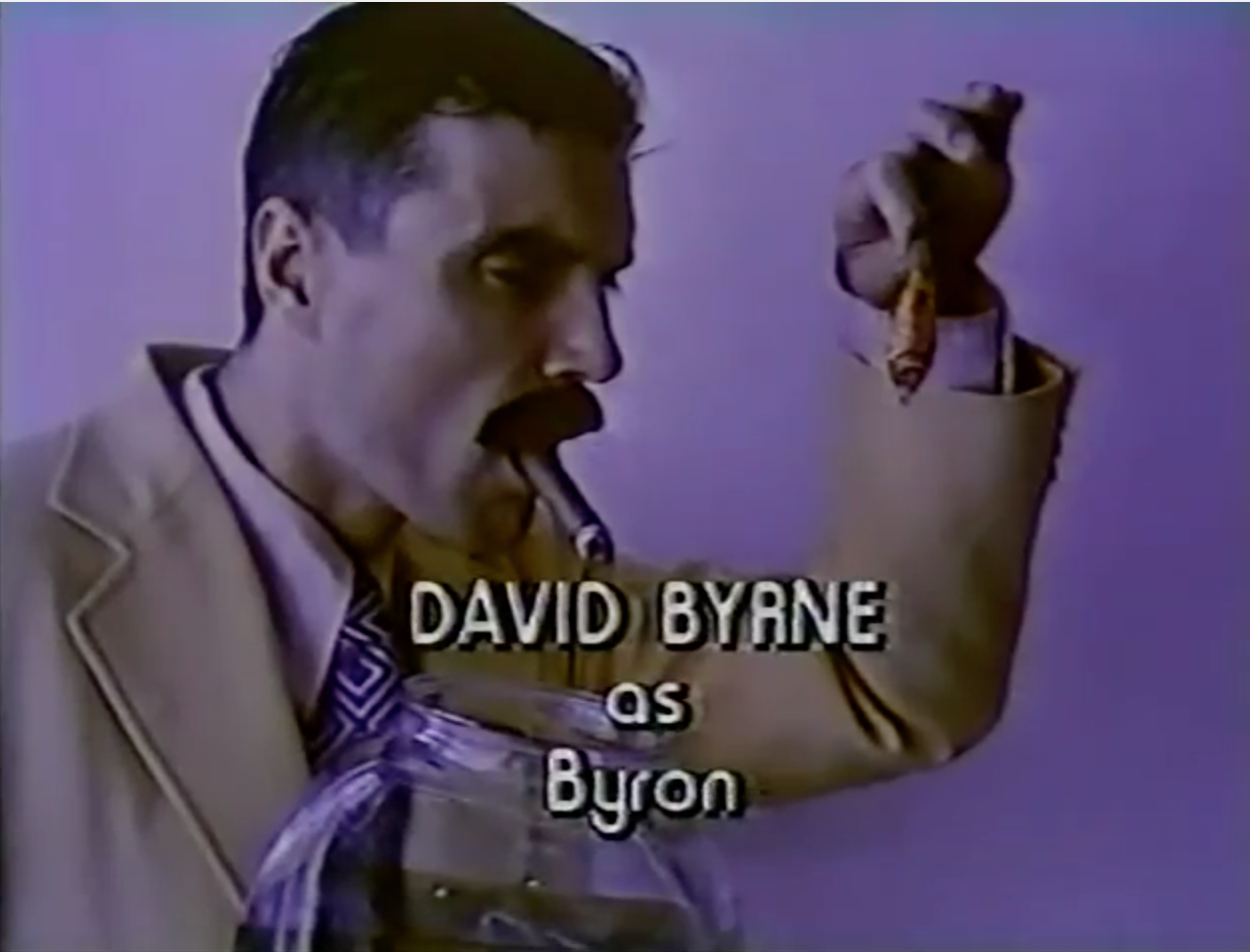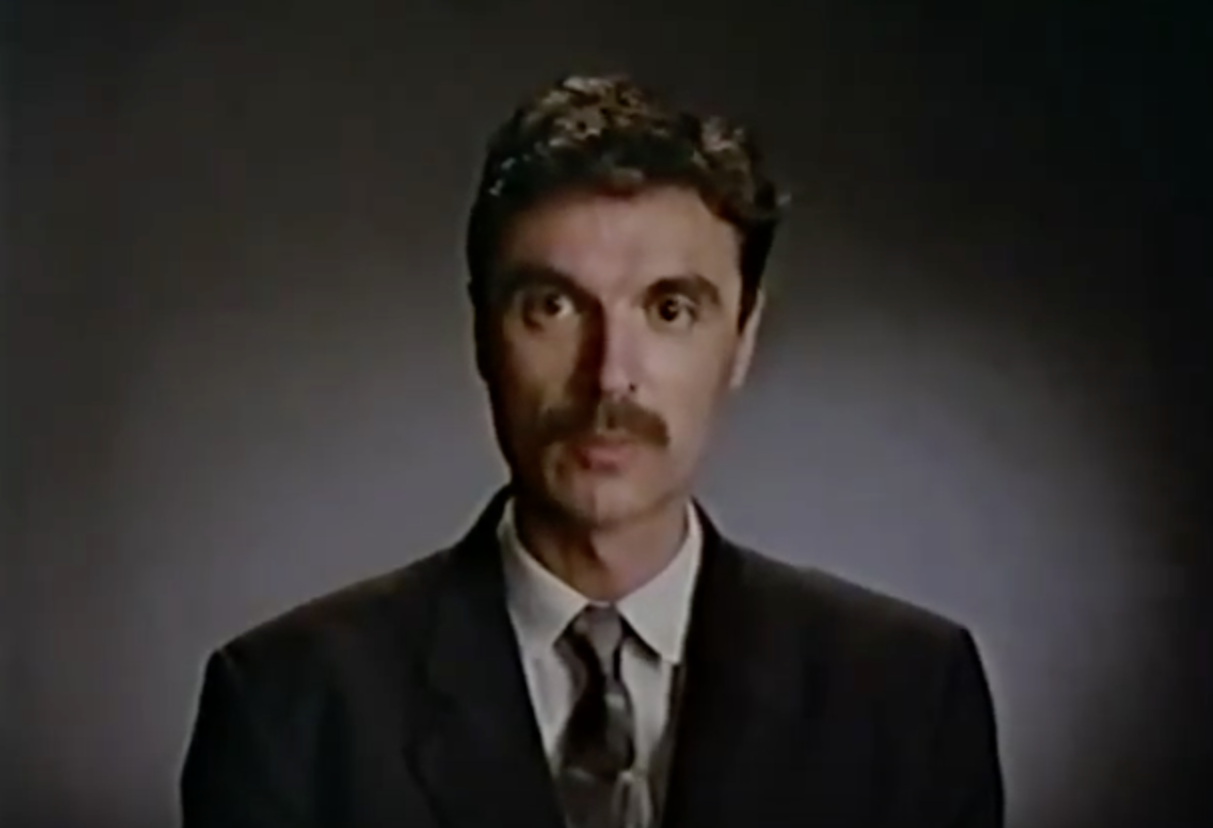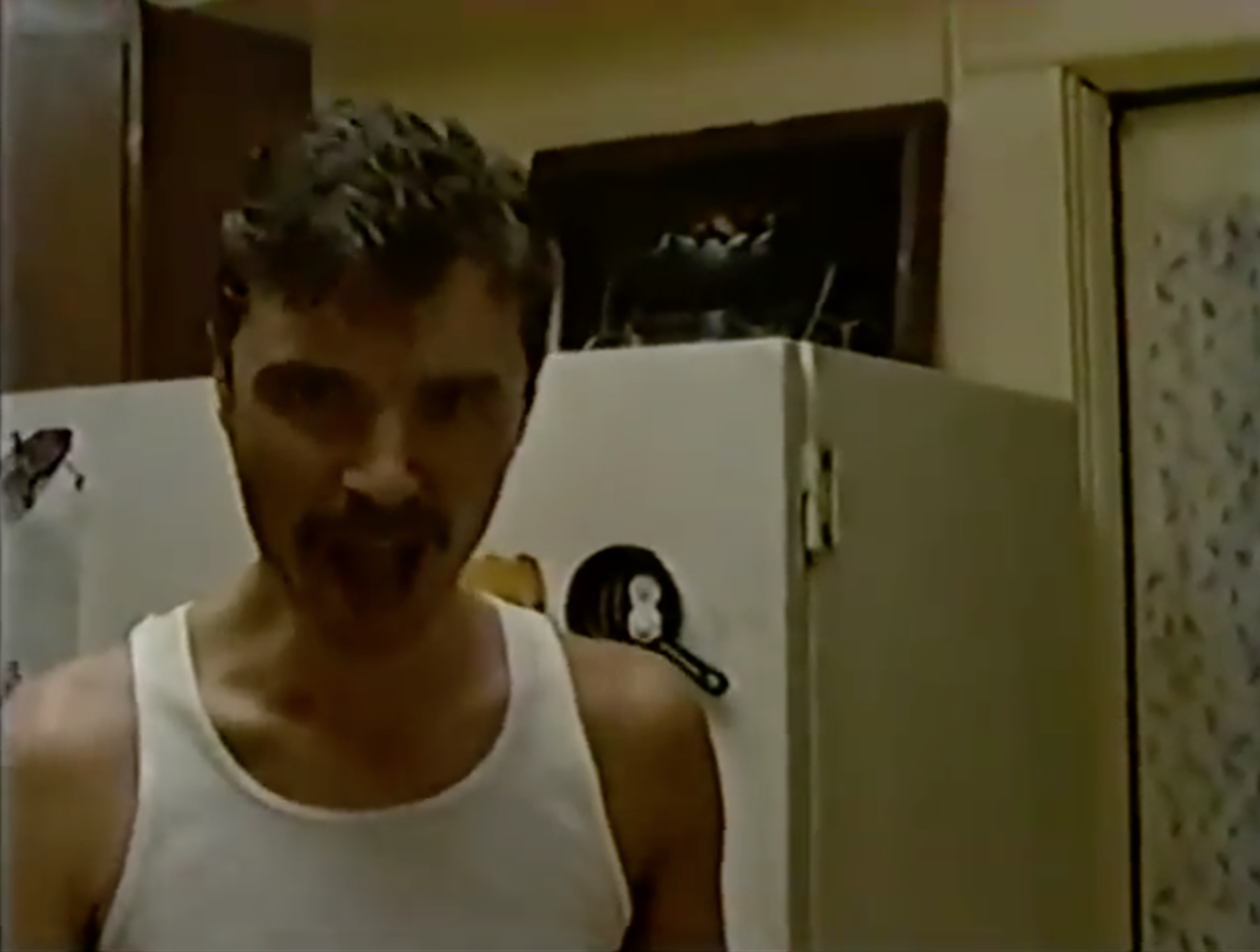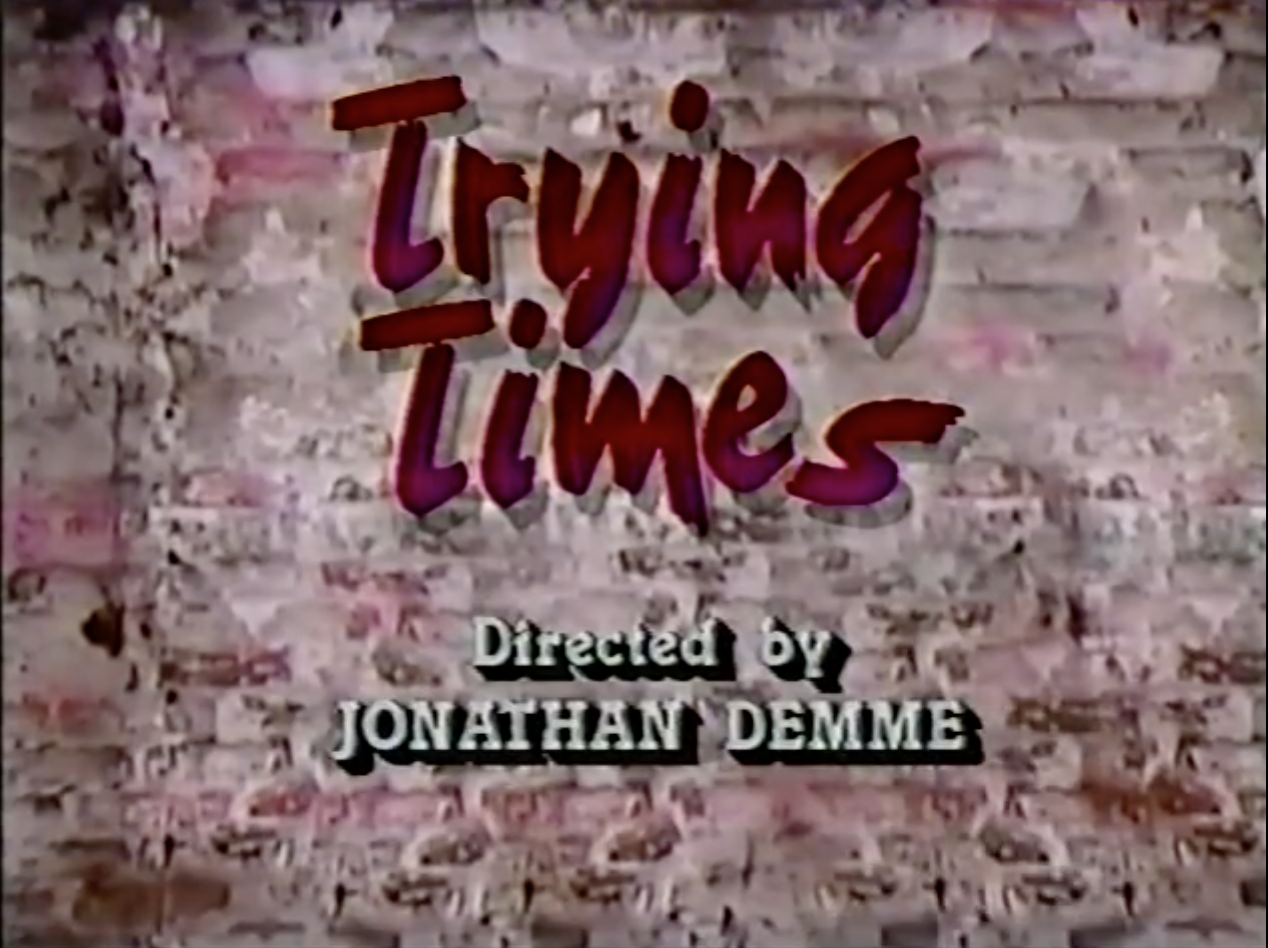Last week, our long-time professional acquaintance Jonathan Demme passed away. Not only was he one of the greatest filmmakers of his generation, he was a genuinely good person who seemed to be adored by everyone he came into contact with (a quality even rarer than filmmaking genius.)
In The New Yorker magazine, Terrence Rafferty wrote of him, "Of the major American directors, he's the least erratic, the most consistently good company, because he has interests rather than obsessions" - Demme joins a lineage of auteurs like Jean Renoir & Louis Malle defined not by their stylstic grip or devotion to a genre, but by their warm humanism; filmmakers whose deep compassion and boundless curosity on the subject of humanity were their essential characteristics.
All week long we'll be paying tribute to Demme by remembering some of our favorite scenes, characters and moments from his body of work.
{the DEMME TRIBUTE index}
~ by kevin maher ~
Jonathan Demme is remembered for his remarkable film career, but he wasn’t above working in television. And lucky for TV viewers, he brought his same sensibility to the small-screen.
During the 1980s, Jonathan Demme directed a short for Saturday Night Live (a “Just So No”-style PSA that urges teenage boys to resist the peer pressure of joining the military), he directed an episode of the Oprah Winfrey show (promoting his new film Beloved) and more recently he directed two episodes of the powerful Mike White-Laura Dern dramedy Enlightened. But arguably the most Demme piece of television is his entry in the PBS anthology series Trying Times.
The 1987 sitcom only lasted two seasons, but its quirky star burned bright, bringing together playwrights (Christopher Durang), filmmakers (Christopher Guest) and indie actors (Spalding Gray) for one-off stories about the struggles of late ‘80s America.
Demme’s episode was co-authored by playwright Beth Henley (Crimes of the Heart, The Miss Firecracker Contest) and follows a neurotic young woman named Kara (played by Rosanna Arquette) who is nervous about meeting her boyfriend’s family for the first time. It’s a familiar sitcom trope, right? But unlike most sitcoms the episode ends with Kara burning the down the family’s house.
The half-hour story has bloody surprises, dark humor and a mix of pathos and humanity not typically associated with ‘80s sitcoms. But I haven’t even gotten to my favorite part.
The best moment takes place in the middle of the night when Kara gets off the couch (since she and her boyfriend couldn't sleep in the same bed at his parents' house) and sneaks into the kitchen to eat the last slice of lemon pie. But here’s the kicker: Brother-in-law Byron had set aside that slice of pie for himself! And that blowhard brother-in-law is played by David Byrne. (Is it an elaborate in-joke that David Byrne co-stars in an episode about “burning down the house”?)
After Kara eats the last slice of pie she goes back to sleep but wakes up to the sounds of Byron, furious over the missing pie.
“I can’t believe this!” he hollers to no one and everyone.
Kara rushes into the kitchen to hush Byron before he wakes the rest of the household. And that’s when we see David Byrne in his underwear, holding an empty plate and a half-smoked cigar, hollering that he’s going to smack his son for eating the last slice.
Kara offers to go out and buy him a new pie.
“I don’t want a pie from the store. I don’t want a store-bought pie!”
Byron insists he isn’t “loaded” and tells Kara even if he was he could still eat pie. And then he lunges at her, unclear if it’s a drunken fight or clumsy, botched sexual come-on.
This casting coup reflects the director’s unique skill set. Who else but Jonathan Demme would deliver a sitcom where David Byrne plays the obnoxious, drunk in-law? David Byrne is like a wild bronco and Jonathan Demme was the brave cowboy who could tame him. No, Jonathan Demme's more like one of those Dutch engineers who want to harness the natural power of the ocean waves to create alternative energy. And that’s what David Byrne brings to any project – his own brand of alternative energy. In Trying Times, Demme uses that alternative energy to fuel a late-night kitchen confrontation that’s funny, tense and menacing. It’s also at once weird and natural. So many modern comedies employ pseudo-absurdity and then call attention to it. As if to shout “Look at how weird this is!” But Demme’s off-kilter family conflict comes off as organic, unfortunate and somehow inevitable.
Why not remember Jonathan Demme the next time you have a slice of pie?
~ MAY 7, 2017 ~

